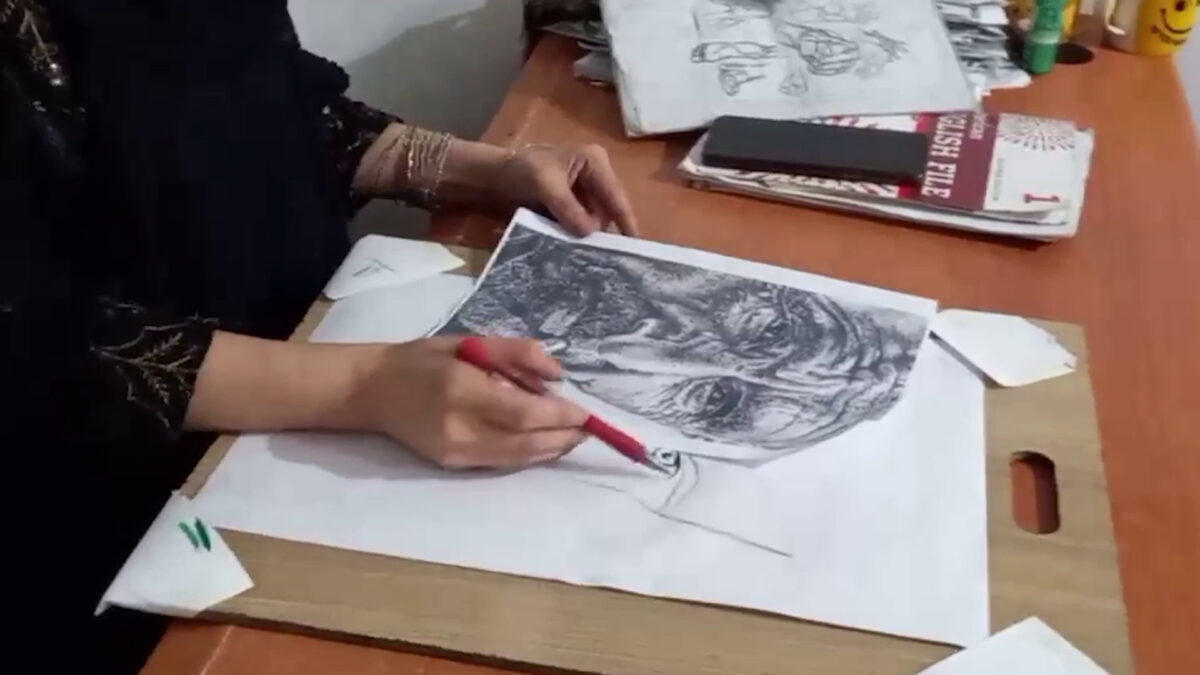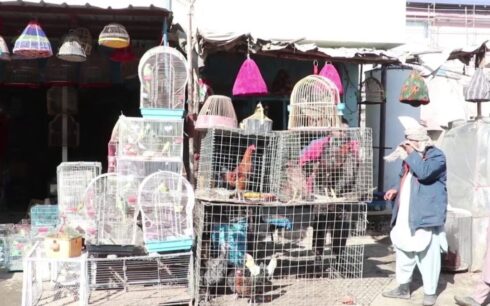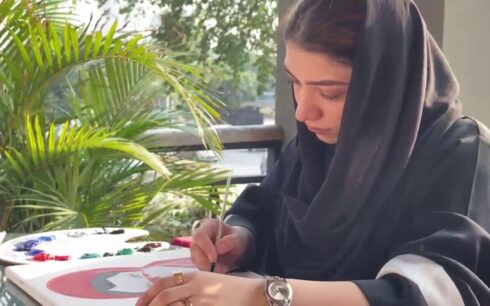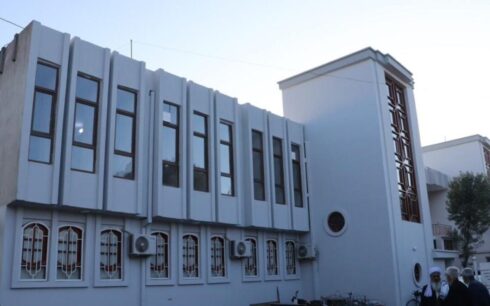In the heart of Kabul, a woman has taken a stand for education by establishing an art workshop tailored for students who have been denied access to schools and universities.
Over the course of eight months, this woman has defied adversity as her workshop faced closure by the Taliban not once, but twice. Her art tools were seized, a testament to the challenges faced by those who dare to challenge the status quo.
Within the confines of this innovative space, 60 young women, many of whom were once students themselves, immerse themselves in the world of painting and drawing. For them, this workshop represents more than just art – it’s an opportunity to transcend the confines of their homes, a haven where skills and knowledge are nurtured.
The harsh restrictions imposed by the Taliban on education have steered these determined individuals toward the sanctuary of the Golbarak Art Gallery.
The women recount the mounting psychological and emotional toll of the Taliban’s tightening grip on their lives. Seeking solace and renewal, they turn to art as a form of therapy.

“To me, this is a lifeline, a means to escape depression and mental burdens. Coming here is a chance to reclaim myself,” shares Bakhtawar Hosseini, a student who finds solace within the gallery’s walls.
Nargis Heydari, another participant, reflected on the disappointments of closed doors: “When universities and schools were suddenly inaccessible, despair enveloped us. We never imagined such a scenario. Discovering this gallery, I realized that art is a powerful medium. Learning to paint or continuing my art journey has been profoundly transformative.”
Established merely eight months ago, the Golbarg Art Gallery has already welcomed sixty girls into its fold, nurturing their talents in the realm of painting and drawing.
Amidst the gallery’s mission for empowerment, its owner shared a tenacious story. The Taliban’s interference resulted in the gallery’s closure on two occasions, and female students’ art tools were confiscated. Aziza Akhlaqi, the gallery owner, persevered. She recounts: “The Taliban seized our gallery, cataloging our possessions. Although I never relented, waiting for our belongings proved futile. Time passed, and within a month, we reacquired what we needed to continue.”

These aspiring artists, once students with dreams, were stripped of educational pursuits due to the Taliban’s harsh decrees. Their artistic endeavors now serve as vehicles for self-expression, bridging the gap between the stifling restrictions and their innate potential.
“Amidst the closure of schools and universities, my thoughts find voice through painting and drawing, a way to communicate with my community and people,” declares Zahra Nabizada, an enthusiastic student.
Mursal Faizi, another student, underscored the indomitable spirit of these young women: “While avenues like sewing, carving, and painting empower us in different ways, our resolve as young women remains unwavering. We march forward.”
The United Nations Special Rapporteur for Human Rights, Richard Bennett, has highlighted the Taliban’s imposition of more than fifty restrictive edicts on women and girls in Afghanistan. Among these, the suspension of educational institutions and opportunities stand as a grave impediment to the progress of women in the country.





